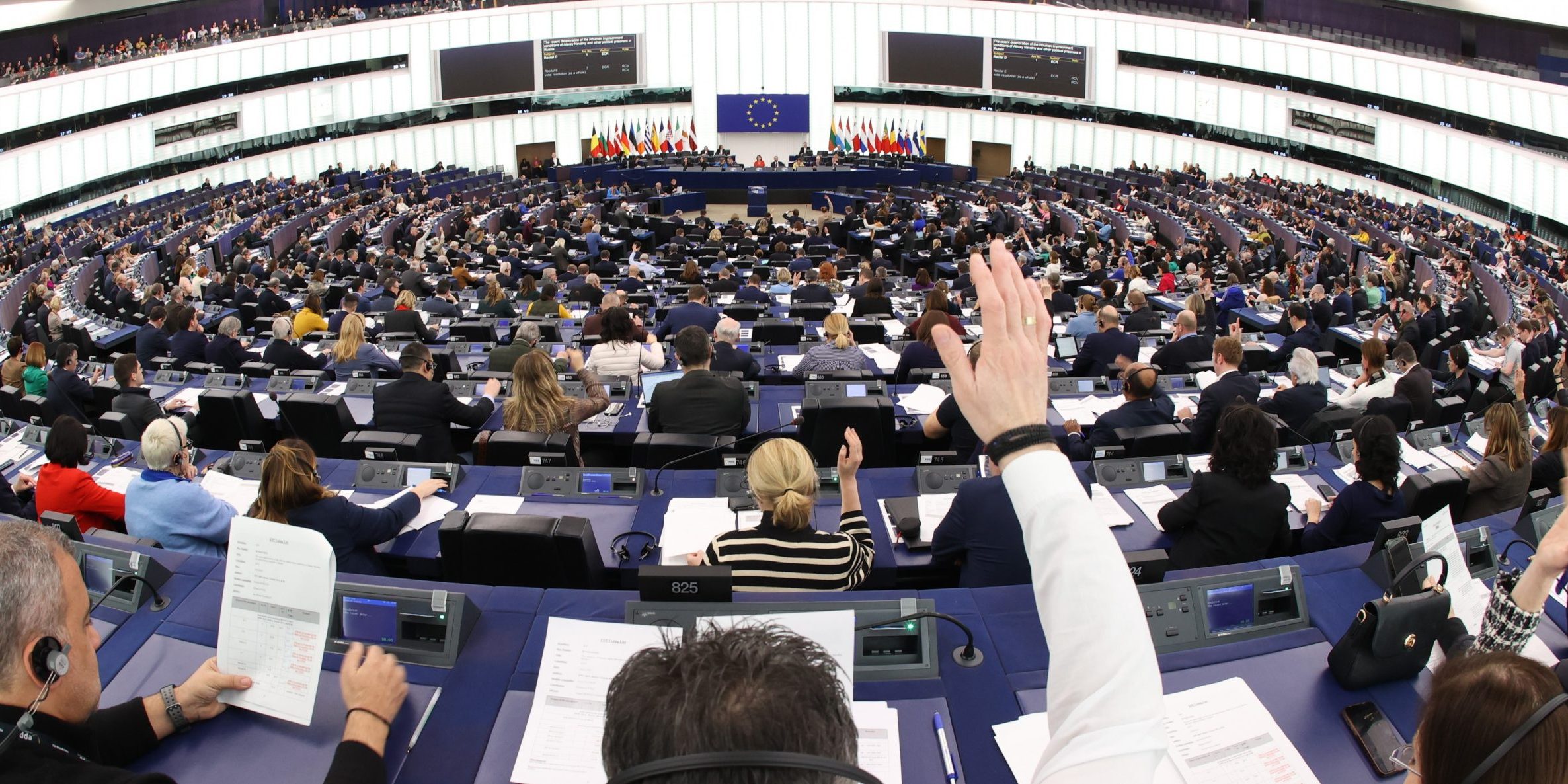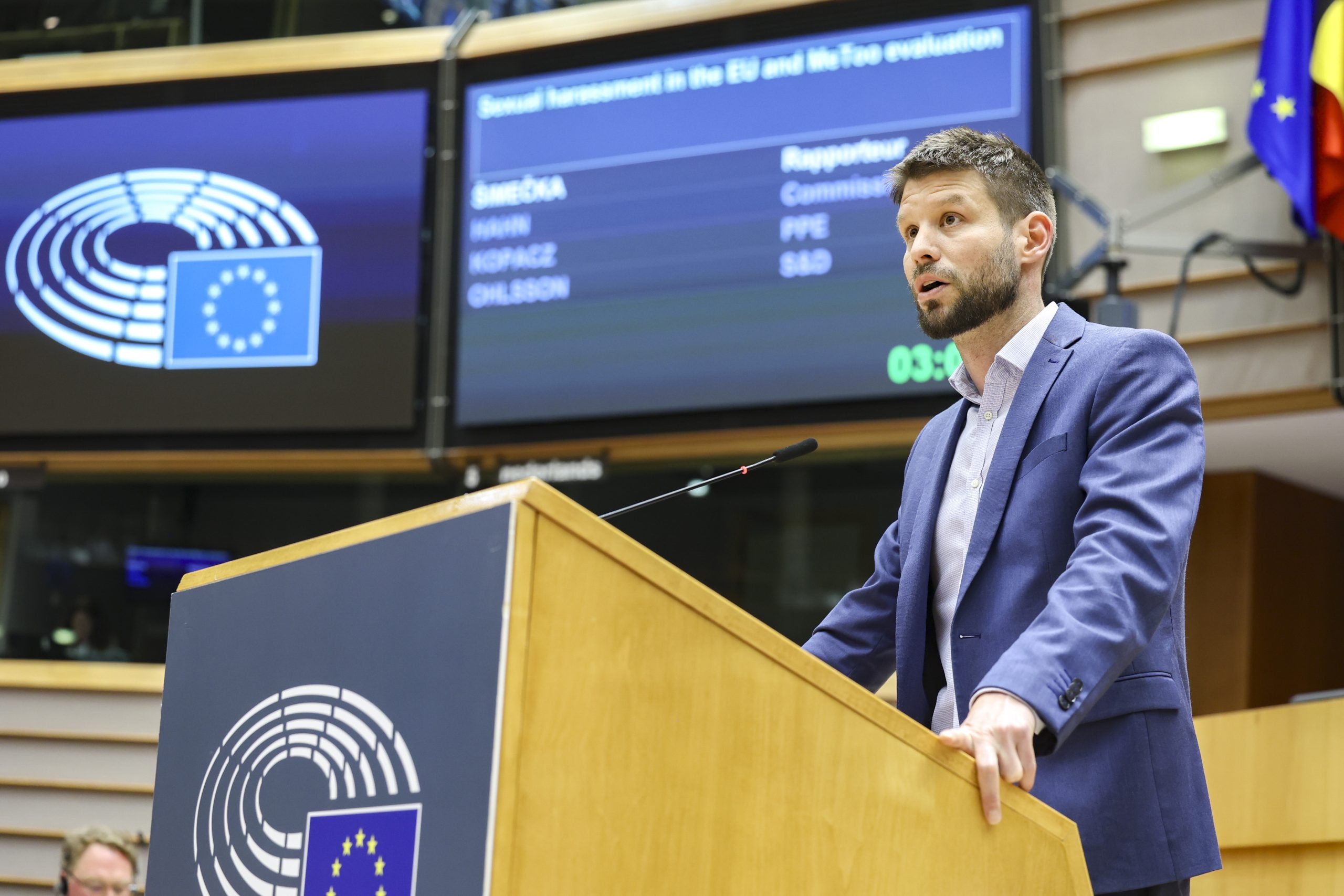
EU makes #MeToo mark
Equality boost for EU citizens in two updates.

A busy end to the week in the field of gender equality, with both the European Council and the European Parliament taking positive steps to delivering true gender parity throughout the European Union.
On Thursday (June 1st) the European Council took the landmark decision to approve the EU’s accession to the Istanbul Convention, which focuses on preventing and combating violence against women and domestic violence. With opposition to the EU’s accession existing from certain Member States, the Commission has looked to move us closer to protecting citizens from gender-based violence through initiatives such as the Combating violence against women and domestic violence directive. With yesterday’s announcement, we can now look ahead to delivering on the legal protection that European citizens have now been guaranteed.
Signed in 2014, the Istanbul Convention is a human rights treaty of the Council of Europe, which provides a legal framework to protecting women against violence. This is done through the preventative measures, protection of victims and the prosecution of convicted offenders. The text centres on four main areas: Prevention, Protection and support of victims, Prosecution of offenders and Integrated Policies, commonly referred to as the four Ps. All of these measures aid the provision of support services, and addresses the gender-based violence dimension in matters of asylum and migration.
While the accession to the convention is a welcome move, the European institutions must not allow it to delay or disrupt progress in negotiating the Combating violence against women and domestic violence directive. For decades gender-inequality has gone unchecked in European workplaces, and so the most robust system must be put in place to help protect workers and change the working culture in Member States.
“Adding to the progress we have seen in the past eighteen months, we have again seen great strides in removing discrimination between genders within our union” – Nayla Glaise
Not to be outdone, the European Parliament were also active in this field on Thursday, with MEPs calling for more action to tackle sexual harassment in the EU. By a vote with 468 in favour, 17 against and 125 abstentions, the Parliament adopted a report “sexual harassment in the EU and MeToo evaluation” calling on Member States yet to make progress to pro-actively introduce legislation and policies that tackle sexual violence and harassment.
Calling for a pan-European approach, definitions and criminalisation will need to be harmonised, with a particular onus placed on employers to guarantee safety for their staff against gender-related harassment and discrimination. The identification of gender-based crime as a new area of crime, along with the criminalisation of sexual harassment, need to be central pillars to deliver on this.
In addition to this, MEPs and the European institutions must look to ensure that intersectionality becomes a common theme in all policies going forward.
Notwithstanding the progress made in delivering pay transparency, seeking to criminalise gender-based violence and improving the opportunities for women by breaking up the “old-boys club” in company boardrooms, this has proven to be yet another week where the fight for gender equality has rightfully received a central role in policy making.
